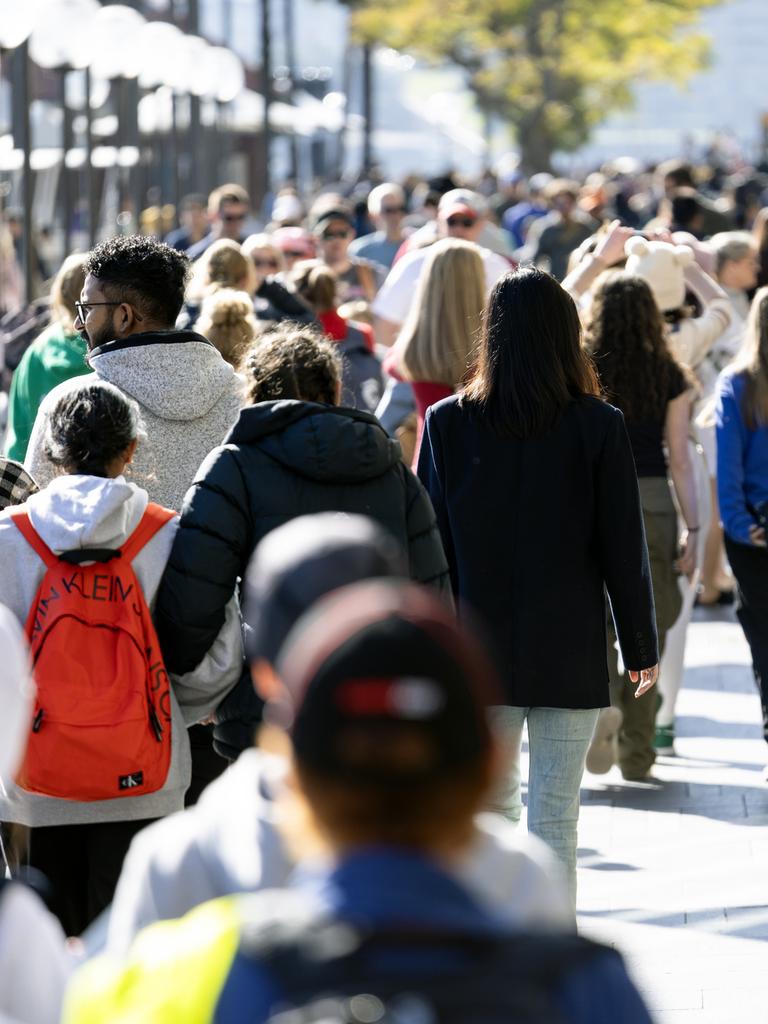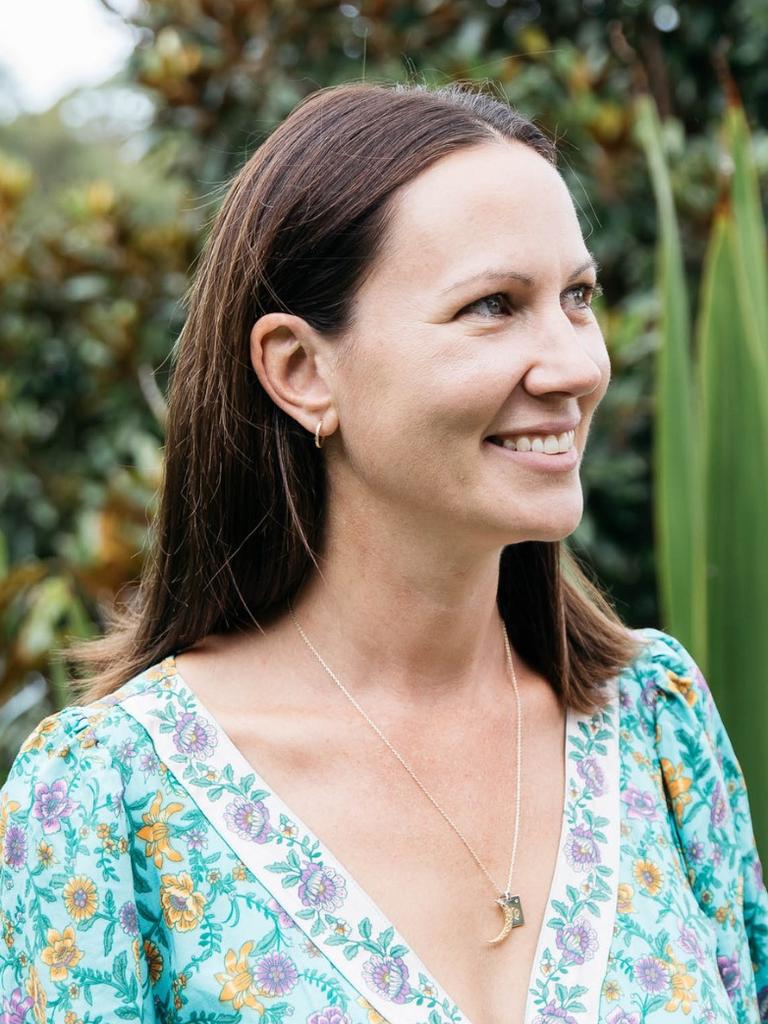‘Couldn’t take a day’: Entire industry grappling with burnout
There is an alarming reason why an entire Australian industry could be at risk of a mass exodus.
An entire Australian industry could be at risk of a mass exodus as workers report at alarmingly high rates that they are experiencing burnout.
Employment Hero’s annual leave data from over 500,000 employees found that high school teachers take sick leave at the highest rate across all industries, averaging 8 per cent.
The data suggests that stress and burnout is impacting Aussie teachers who aren’t prioritising themselves over their work.
The education and training sector as a whole reportedly delays taking annual leave longer than any other industry, working an average of 82 days before their first annual leave day.
Engage Education conducted a study that found 50 per cent of teachers in Australia reported being very or extremely stressed and considering another profession. And 60 per cent of teachers said their heavy workloads caused their extreme stress.


MORE: 9 signs you’re burnt out from work
Australia’s Institute for Teaching and School Leadership reported in 2022 that 5 per cent of the teacher workforce said that they’d like to exit the industry within the next year.
Meanwhile 35 per cent of teachers plan to farewell the teaching industry before retirement, which has increased over time, up from 26 per cent in 2019.
Former high school teacher Anna Cameron told news.com.au that extreme stress and burnout led her to leave the teaching industry.
“I loved teaching, but the level of extreme stress and burnout, leading to my own health issues, pushed me to leave the industry altogether,” she explained.
“Working as a year-level co-ordinator for year 7 and 8 students, the ever-increasing workload, and the fact that the role became that of a counsellor, dealing with many students who were going through anxiety and depression struggles, even suicidal struggles, became all too much.”
Ms Cameron said that it was also difficult to grapple with the fact that teachers don’t get paid more for working extra hours.
“We don’t get paid for overtime hours or extra-curricular activities, it’s just assumed that we give everything to the job, and our salaries are not representative of the hours we actually work,” she said.


MORE: How to work your way up after accepting a salary that’s too low
Ms Cameron said that even when she felt “pushed to the edge,” she still felt like she “couldn’t take a day off,” and eventually, she left because of it.
“I had to go through many challenges, and it unfortunately forced me to quit teaching; something that I loved,” she explained.
“It did, however, give me the knowledge to help students navigate mental health issues, and so, I started my own business: Anna Grace Wellbeing, offering therapy and counselling to teenagers and women.”
Liam D’Ortenzio, head of people and culture at Employment Hero, said that all workplaces can take these steps to help remedy burnout.
“Workplaces can address these issues by mandating clear leave policies that encourage educators to take breaks without guilt, hiring more staff to alleviate workloads, and training leaders to encourage taking leave and recognise its importance for a healthy workforce,” he said.

Australia is currently experiencing a “burnt out” crisis with a staggering 1 in 2 of us being affected by the growing health issue.
The worrying findings were published in Lululemon’s 2024 Global Wellbeing Report, conducted by independent research agency Edelman Data & Intelligence. The report surveyed more than 16,000 people across 15 different countries.
It identified that while wellness is a “top priority” for Australians, many felt “stuck” in a counter-productive cycle where the relentless pursuit of being well is leaving them feeling “more burnt out than ever”.
Dr Emily Musgrove, a Perth-based clinical psychologist, previously warned that burnout can have a detrimental effect on physical and mental health.
“Burnout can be considered a phenomenon that occurs when the demands of a situation or environment begin to outweigh our internal and external resources,” she told news.com.au.
“From a physiological point of view, it is represented as the chronic activation of the stress response.
“When the body sits in a chronic state of stress our body’s capacity to fight off illness and disease becomes compromised. This is why we are more likely to get sick and take longer to recover when we are stressed.”






